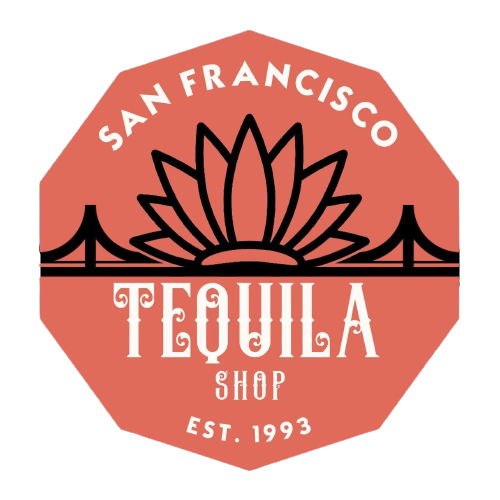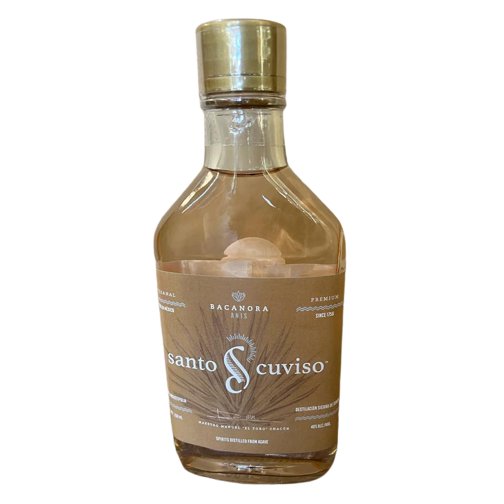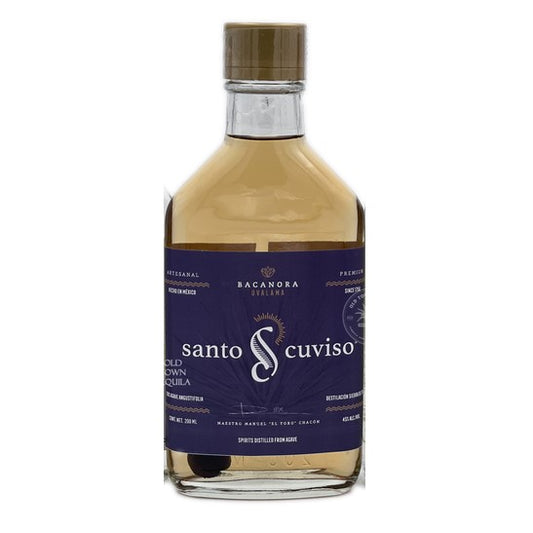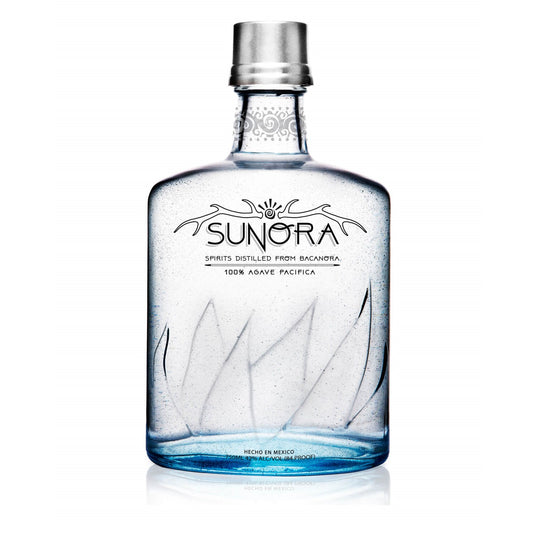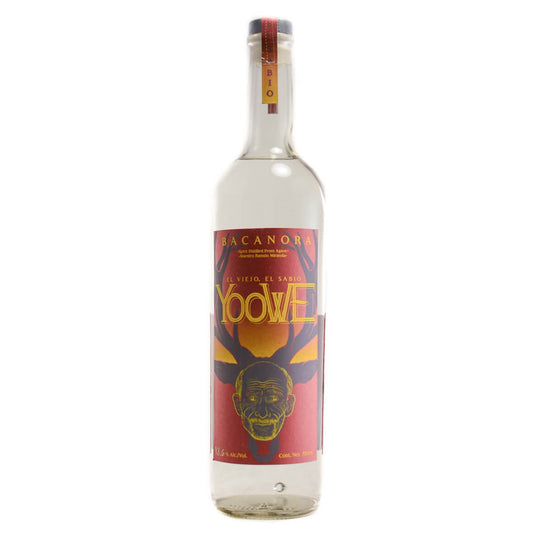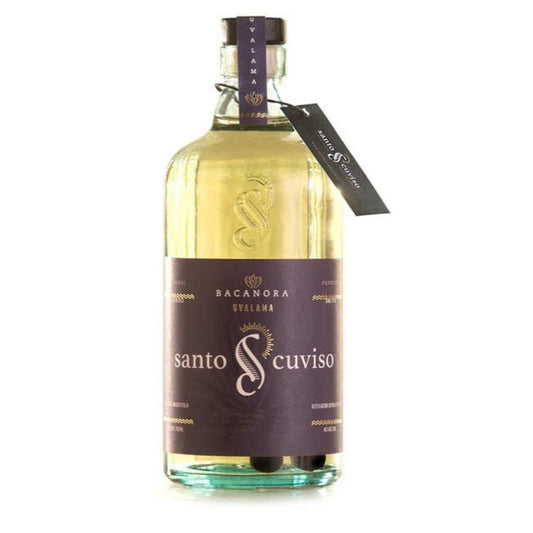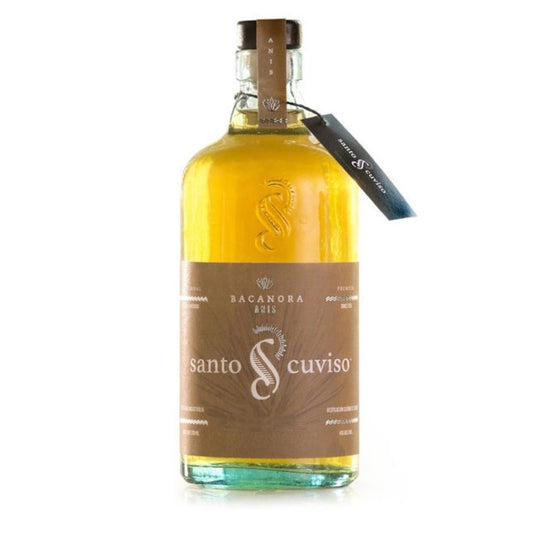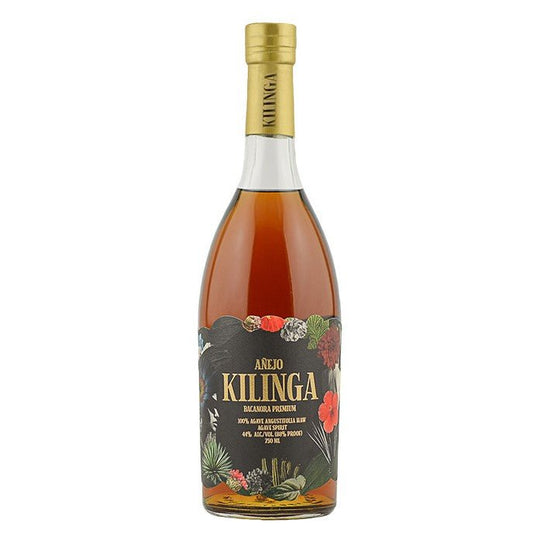Bacanora
-
Santo Cuviso Anis Bacanora 200ml
Regular price $25.00 USDRegular priceUnit price / per -
Santo Cuviso Bacanora 200ml
Regular price $25.00 USDRegular priceUnit price / per -
Sunora Bacanora 42% 750ml
Regular price $50.00 USDRegular priceUnit price / per -
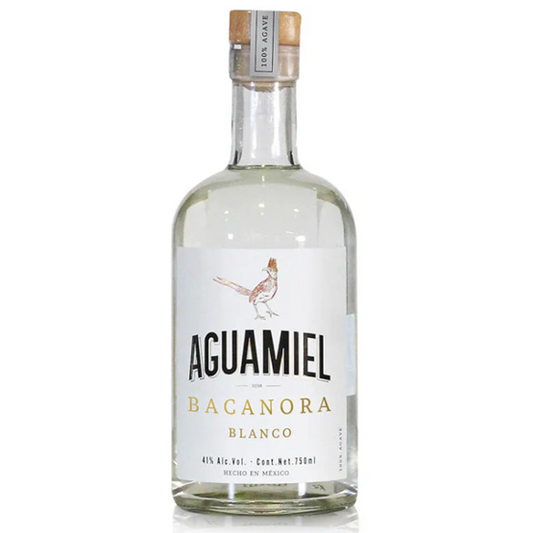 Sold out
Sold outAguamiel Bacanora Blanco 750ml
Regular price $50.00 USDRegular priceUnit price / per -
Kilinga Bacanora Silvestre 750ml
Regular price $55.00 USDRegular priceUnit price / per -
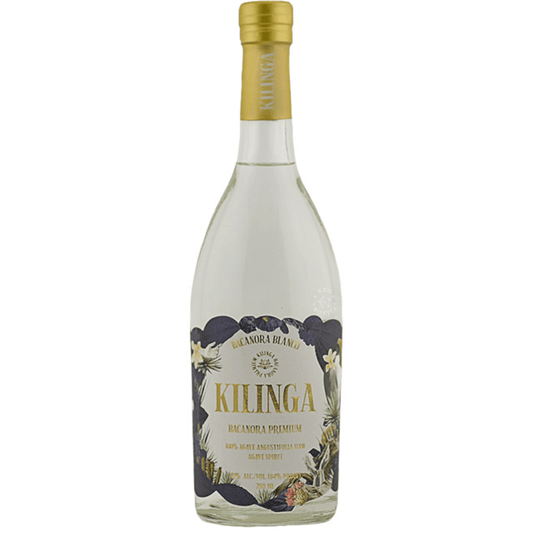 Sold out
Sold outKilinga Bacanora Blanco 750ml
Regular price $60.00 USDRegular priceUnit price / per -
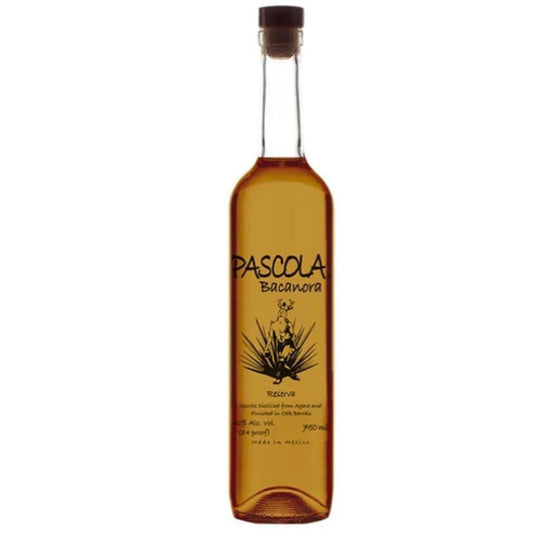 Sold out
Sold outPascola Bacanora Reserva 750ML
Regular price $65.00 USDRegular priceUnit price / per -
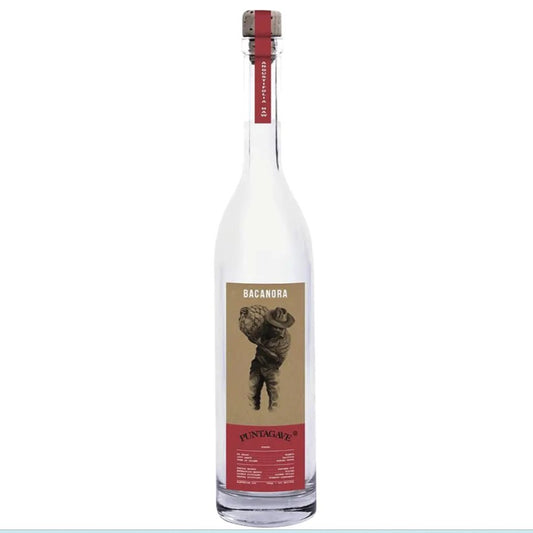 Sold out
Sold outPuntagave Rustico Bacanora 750ML
Regular price $65.00 USDRegular priceUnit price / per -
Yoowe Bacanora 750ml
Regular price $70.00 USDRegular priceUnit price / per -
Kilinga Bacanora Reposado 750ml
Regular price $75.00 USDRegular priceUnit price / per -
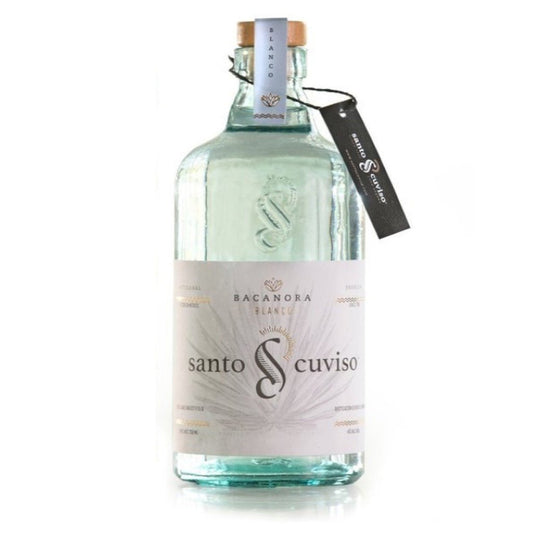 Sold out
Sold outSanto Cuviso Blanco 750ml
Regular price $85.00 USDRegular priceUnit price / per -
Santo Cuviso Uvalama
Regular price $85.00 USDRegular priceUnit price / per -
Santo Cuviso Reposado 750ml
Regular price $105.00 USDRegular priceUnit price / per -
Kilinga Bacanora Añejo 750ml
Regular price $105.00 USDRegular priceUnit price / per
